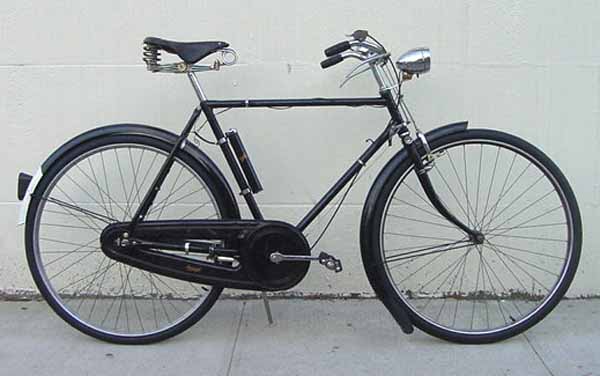Climate change is an issue and I'm sure many people on here think about ways of reducing impact. My family is the same. Despite this we still feel the need to keep a motorised vehicle for family transport and holiday use. Money and preferred criteria don't easily allow for real environmental action, but what is the best of a bad set of options?
Buy the most environmental vehicle that suits our needs and run out for as long as possible? Buy an older vehicle to run it for a short a time as possible with a view of then being able to afford a more environmental vehicle?
The other issue is LEZ and ULEZs. A cheap vehicle is LEZ compliant but no chance of ULEZ compliance. It might be possible that we can afford a ULEZ compliant vehicle, slim chance though. We live in a small, semi rural town and work in a nearby, small city. We are unlikely to drive to London, Manchester or other big city. But our worry is ULEZs are going to become more common, possibly even in rural areas. I have heard of a ULEZ in a French national park. I couldn't cope with not driving into the lakes or Yorkshire dales.
Anyone got a crystal ball? We're looking at a van (swb vivaro or similar). There are no petrol vans only diesel and very expensive electric that's out of our budget. We could afford a 1.6L diesel that's less polluting than a 2.0L model. But they're not ULEZ only LEZ compliant. Old and replace sooner or new as we can get and keep running longer?
Will electric become a decent secondhand option in vans for personal use? That's campervan conversion? I'm guessing not for at least 10 years possibly longer.
Buy the most environmental vehicle that suits our needs and run out for as long as possible? Buy an older vehicle to run it for a short a time as possible with a view of then being able to afford a more environmental vehicle?
The other issue is LEZ and ULEZs. A cheap vehicle is LEZ compliant but no chance of ULEZ compliance. It might be possible that we can afford a ULEZ compliant vehicle, slim chance though. We live in a small, semi rural town and work in a nearby, small city. We are unlikely to drive to London, Manchester or other big city. But our worry is ULEZs are going to become more common, possibly even in rural areas. I have heard of a ULEZ in a French national park. I couldn't cope with not driving into the lakes or Yorkshire dales.
Anyone got a crystal ball? We're looking at a van (swb vivaro or similar). There are no petrol vans only diesel and very expensive electric that's out of our budget. We could afford a 1.6L diesel that's less polluting than a 2.0L model. But they're not ULEZ only LEZ compliant. Old and replace sooner or new as we can get and keep running longer?
Will electric become a decent secondhand option in vans for personal use? That's campervan conversion? I'm guessing not for at least 10 years possibly longer.

